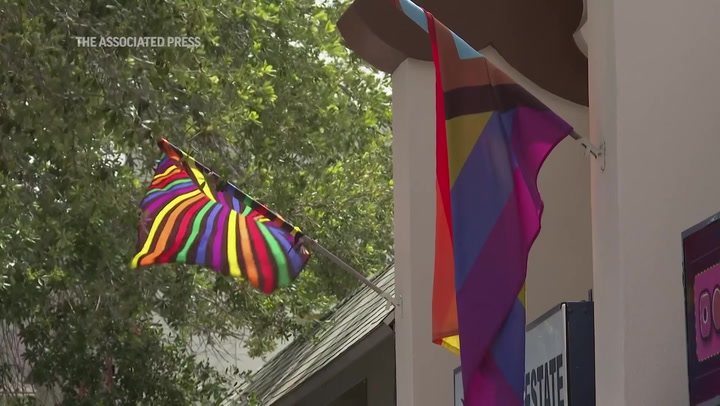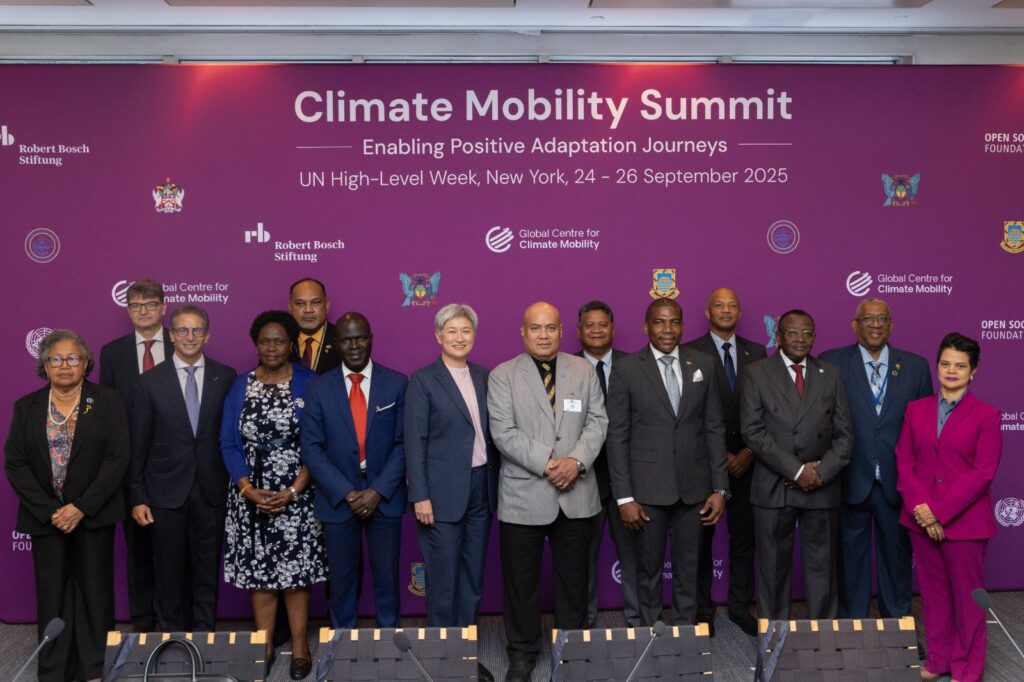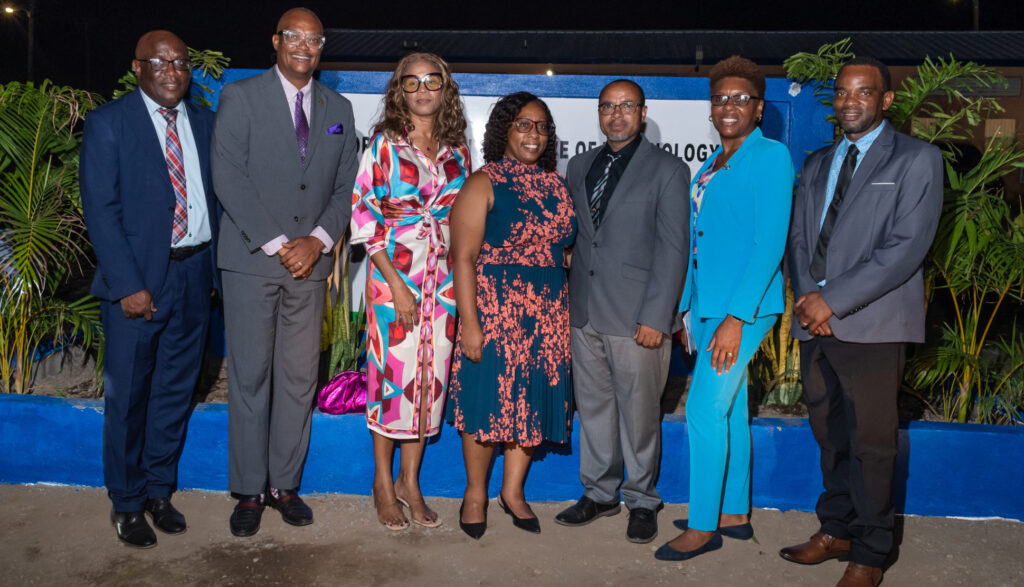Transgender Individuals Utilize Crowdfunding to Relocate from Florida Following Enactment of Anti-LGBTQ+ Legislation
The passage of recent legislation in Florida targeting the LGBTQ+ community, particularly laws restricting access to gender-affirming care, has spurred a wave of transgender individuals to seek refuge in other states. These laws, which ban such care for minors and impose new restrictions on adults, have created a climate of fear and uncertainty for transgender Floridians, forcing many to contemplate leaving their homes and communities. This exodus, though still nascent, represents a significant shift in the landscape for transgender individuals in the state, highlighting the tangible impact of legislative actions on vulnerable populations. One prominent example of this impact is the rise of crowdfunding campaigns as a means for transgender individuals to finance their relocation efforts.
Sage Chelf, a 30-year-old transgender woman living in Orlando, exemplifies this trend. Facing the abrupt termination of her hormone therapy due to the new law, Chelf felt compelled to leave Florida to continue her medical transition. The prospect of reverting to her pre-transition state was unbearable, a sentiment shared by many transgender individuals who view gender-affirming care as essential to their well-being. Lacking the financial resources to relocate independently, Chelf turned to online crowdfunding, a platform increasingly utilized by transgender Floridians seeking assistance. Her story underscores the desperation felt by many in the community, forced to choose between their physical and mental health and remaining in their home state. Chelf’s experience also highlights the unexpected outpouring of support from donors, revealing a counter-narrative of empathy and solidarity amidst the legislative hostility.
The proliferation of these crowdfunding campaigns offers a glimpse into the broader financial implications of the new laws. GoFundMe data reveals a significant increase in fundraisers created by transgender individuals seeking to leave Florida, a clear indicator of the escalating anxieties within the community. While the total amount raised represents a small fraction of overall charitable giving, the impact on individual lives is substantial. These funds provide a lifeline for those facing displacement, enabling them to relocate to more accepting environments and continue their medical transitions. This reliance on individual donations also underscores the inadequacy of existing support systems for the LGBTQ+ community, particularly the underfunding of non-profit organizations dedicated to serving this population.
The underfunding of LGBTQ+ non-profit organizations further accentuates the vulnerability of transgender individuals in Florida. Research indicates that organizations serving this community receive a disproportionately small percentage of overall charitable giving. This scarcity of resources limits their capacity to provide essential services, including legal assistance, healthcare navigation, and financial aid. The small, often grassroots nature of these organizations further restricts their fundraising capabilities, leaving them ill-equipped to handle the surge in demand for assistance following the passage of the restrictive laws. This financial constraint necessitates reliance on direct individual giving, as seen in the GoFundMe campaigns, highlighting the limitations of the current philanthropic landscape for LGBTQ+ communities.
The reliance on individual donations also speaks to a broader trend within the LGBTQ+ community: the increasing necessity of mutual aid and self-reliance in the face of legislative adversity. The perception of a hostile political climate fuels a sense of urgency and desperation, driving individuals to seek support within their community and online networks. This phenomenon underscores the growing gap between the needs of the LGBTQ+ community and the resources available through traditional philanthropic channels. The fear and uncertainty generated by the new laws create a sense of vulnerability, prompting individuals to take matters into their own hands and seek assistance from those who understand their unique challenges. This reliance on mutual aid reflects both the strength and the fragility of the LGBTQ+ community in the face of ongoing political and societal pressures.
The narratives of individuals like Sage Chelf provide a poignant illustration of the human cost of discriminatory legislation. Chelf’s experience, from the abrupt termination of her medical care to the unexpected generosity of online donors, encapsulates the complex emotional and financial challenges facing transgender Floridians. Her story underscores the importance of amplifying the voices of those directly impacted by these laws, providing a counterpoint to the often abstract and dehumanizing nature of political discourse. The success of her crowdfunding campaign, while offering a glimmer of hope, also highlights the systemic failures that necessitate such individual acts of generosity. The broader implications of this exodus extend beyond individual struggles, raising fundamental questions about access to healthcare, the rights of marginalized communities, and the role of philanthropy in supporting those most vulnerable.
Share this content:












Post Comment